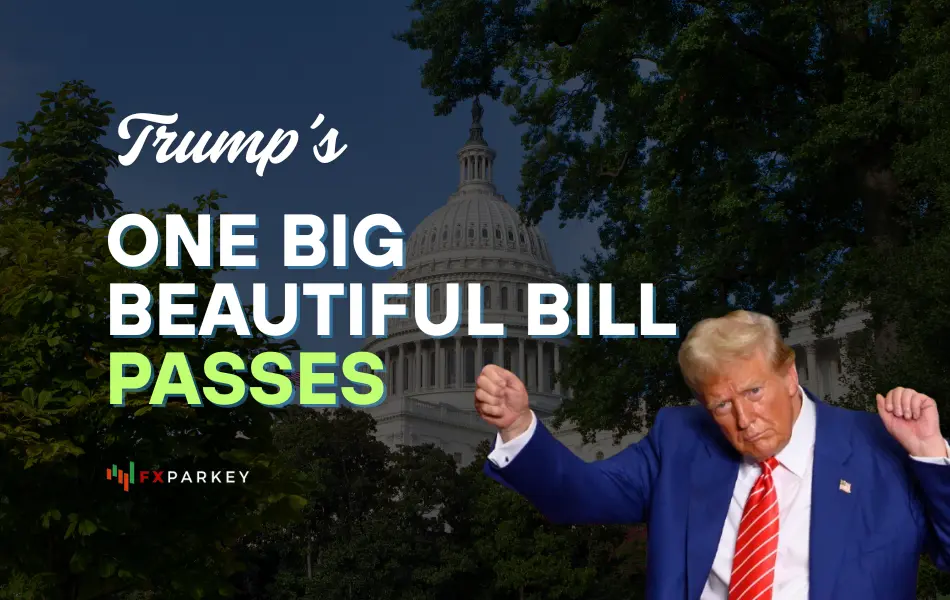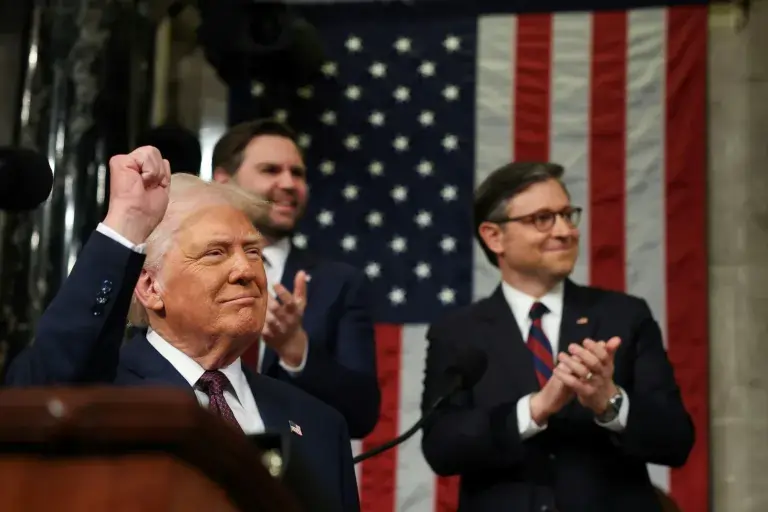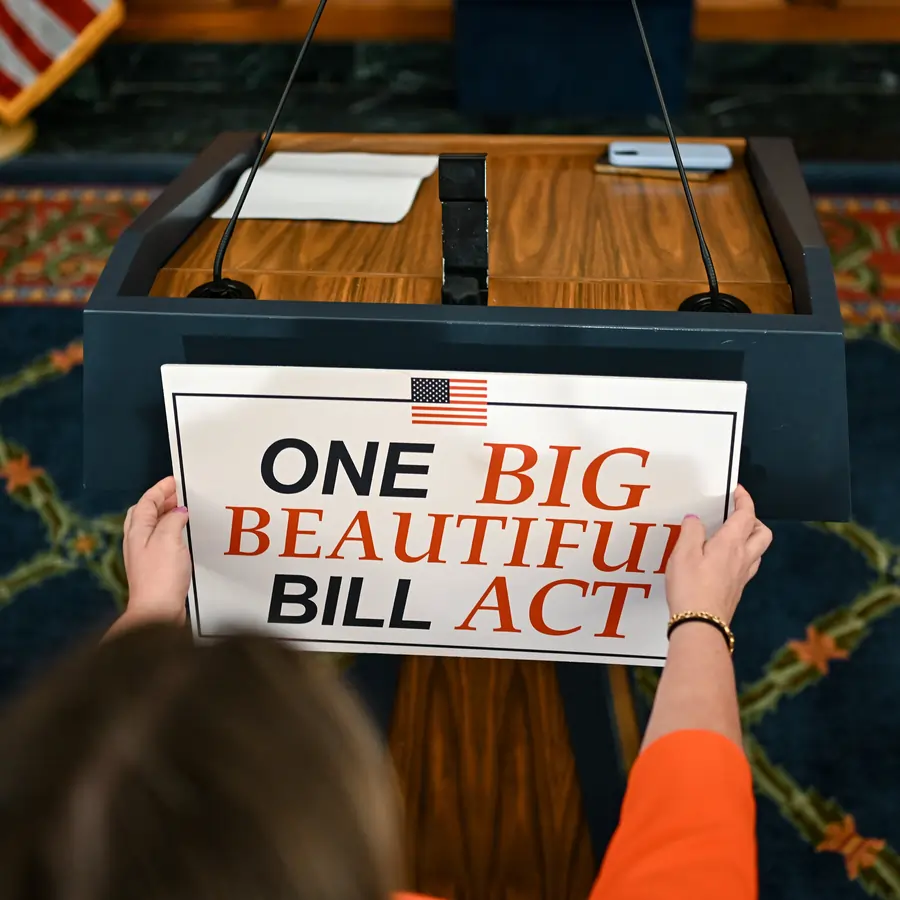President Donald Trump has secured a major legislative victory as Congress passed the “One Big Beautiful Bill,” a sweeping $3.4 trillion fiscal package that dramatically reshapes U.S. tax policy, curtails spending on social programs, and reverses many of the previous administration’s clean-energy initiatives.
The bill, which narrowly passed the House by a 218-214 vote after a tie-breaking decision in the Senate, is set to become law in time for the July 4th deadline Trump set for lawmakers.
Key Provisions and Domestic Impact of Trump’s “One Big Beautiful Bill” Passes

The legislation extends and expands many of the 2017 Trump tax cuts, making them permanent for individuals and businesses. It eliminates federal taxes on tips and overtime wages, boosts the child tax credit from $2,000 to $2,200, and quadruples the cap on state and local tax deductions to $40,000 for five years. Senior citizens will see a $6,000 increase in their standard deduction from 2025 to 2028, although this benefit phases out for higher-income earners.
However, the bill comes with significant reductions to Medicaid and the Supplemental Nutrition Assistance Program, leaving an estimated 12 million Americans without health insurance and reducing food aid for many low-income families. The Congressional Budget Office estimates that the bottom 20% of taxpayers will lose an average of $560 per year, while the wealthiest will gain an average of $6,055 annually.
Deficit and Economic Growth Projections
The nonpartisan Congressional Budget Office projects the bill will add at least $3.3 trillion to the U.S. deficit over the next decade, with some estimates running as high as $5 trillion when accounting for increased interest payments. Moody’s Analytics recently downgraded the U.S. credit rating, citing rising federal debt and warning that the extension of the 2017 tax cuts could add $4 trillion to the deficit over ten years.
Despite these concerns, proponents argue the bill will stimulate long-run economic growth. Analyses suggest the tax provisions could increase GDP by 1.2%, boost wages by 0.4%, and create nearly a million new jobs by incentivizing business investment through measures like 100% bonus depreciation and permanent R&D expensing. However, the increased borrowing is expected to reduce American incomes (GNP) by 0.6% due to higher interest costs and crowding out private investment.
Global Market Reaction
Global financial markets responded swiftly to the bill’s passage. The U.S. dollar initially strengthened on expectations of higher economic growth and potential interest rate hikes as the government borrowed more to finance the deficit. However, analysts warn that the ballooning deficit and rising debt could undermine long-term confidence in U.S. fiscal stability, leading to volatility in currency markets.
Impact on Gold Prices
Gold prices rose in the immediate aftermath of the bill’s passage, reflecting investor concerns about higher U.S. debt, inflation, and the risk of future credit downgrades. Gold, traditionally viewed as a safe-haven asset during periods of fiscal uncertainty, benefited from expectations that increased government spending and tax cuts could fuel inflation and weaken the dollar over time.
Implications for Forex Traders

For forex traders, the new tax law introduces both opportunities and risks. The initial strengthening of the dollar may be short-lived if deficit concerns prompt investors to seek alternative reserve currencies or if the Federal Reserve signals caution about the sustainability of U.S. fiscal policy.
Traders are closely watching central bank responses, as higher interest rates to counter inflation could further influence currency volatility.
Emerging market currencies may face additional pressure if U.S. yields rise, prompting capital outflows from riskier assets. Conversely, any signs of political gridlock or concerns about U.S. creditworthiness could trigger dollar weakness and benefit alternative currencies and commodities.
Broader International Effects
The U.S. tax overhaul is expected to have ripple effects worldwide. Lower corporate tax rates and incentives for business investment may attract global capital to the U.S., potentially drawing investment away from other advanced economies. However, the resulting higher U.S. deficits and debt could weigh on global growth if they lead to tighter financial conditions or undermine confidence in U.S. economic leadership.
Political and Social Repercussions

The bill’s passage marks a dramatic policy shift, fulfilling many of Trump’s campaign promises while igniting fierce debate over the future of the U.S. social safety net. Democrats warn of severe consequences for vulnerable populations, while Republicans tout the bill as a catalyst for growth and job creation.
As the dust settles, markets, policymakers, and the public will be watching closely to see whether the promised economic benefits materialize—and how the global financial system adapts to a new era of U.S. fiscal policy.






